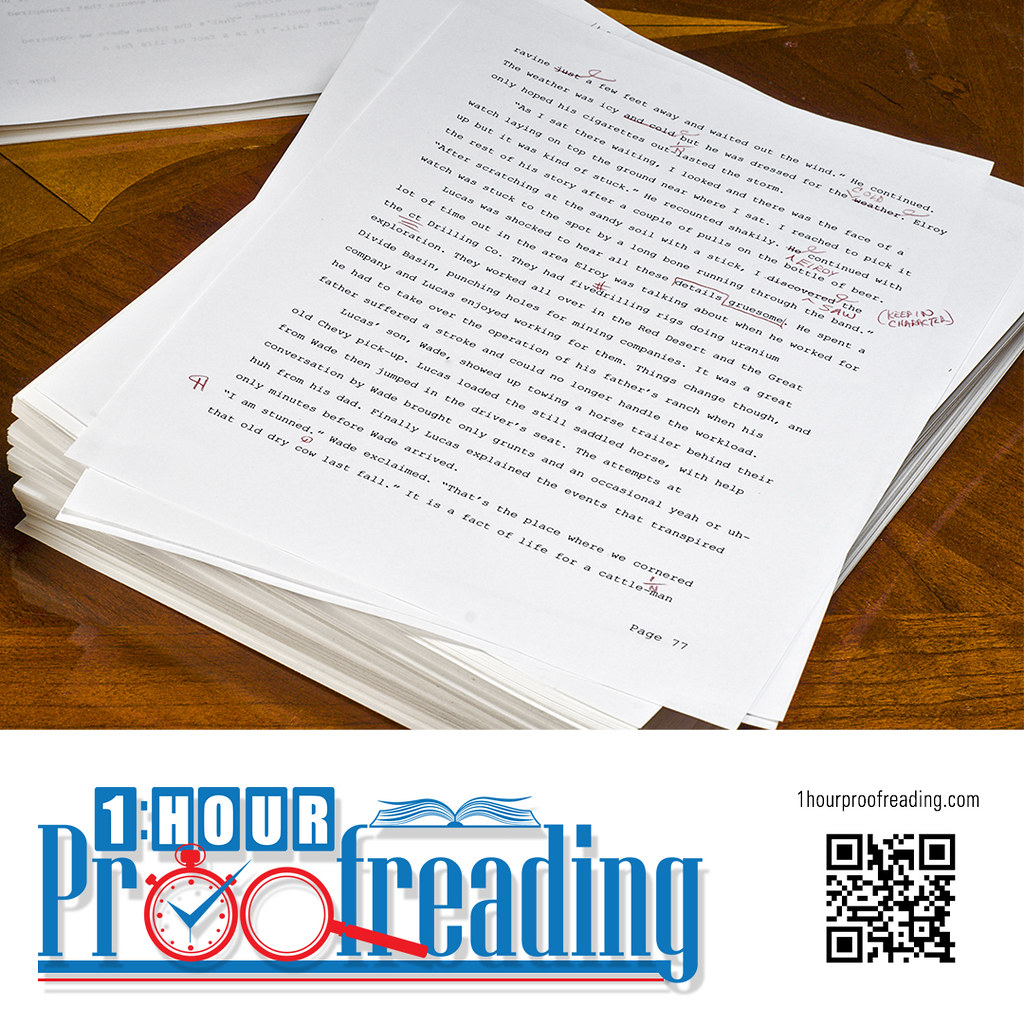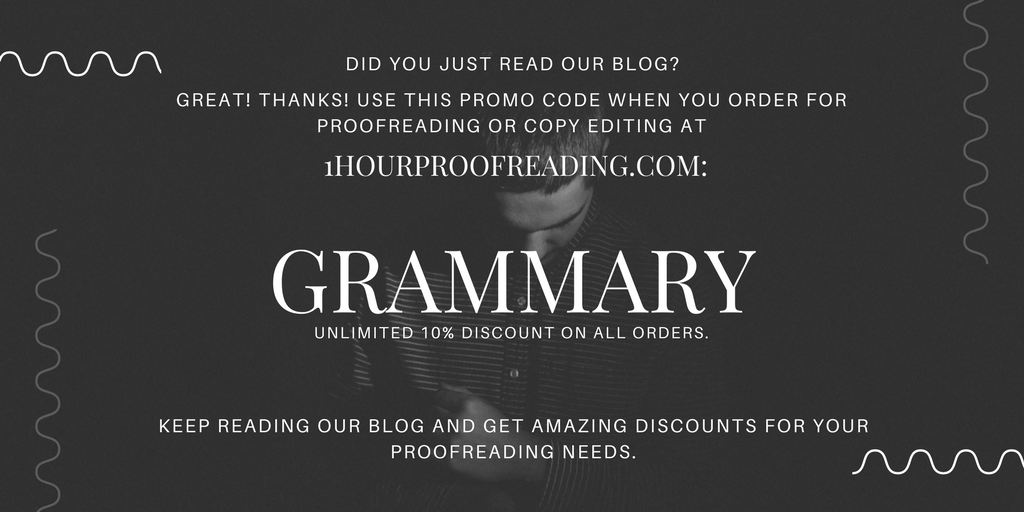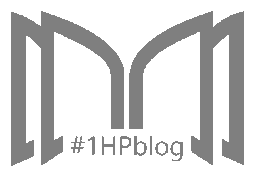How Authors Can Choose Which Publishing Model to Take
Posted on Jul 06, 2016
When a manuscript is finished, it’s not yet the end destination. It’s only the start of a long journey in publishing. The biggest question for most authors is whether to get a publisher or to self-publish. Whether it’s traditional publishing or self-publishing, authors need to consider not just the pros and cons but also their own capabilities to find out which option better suits them.

A major area for consideration is the amount of control an author can exert in the publication of their work. When it comes to traditional publishing, most people immediately assume loss of control for the author. What should be considered instead is that traditional publishing is a group effort. It includes a literary agent, an editorial team, and a graphics team, to name a few. They do other necessary work for the author, like editing the drafts and arranging for press coverage and speaker opportunities to market and distribute the book.
Since this is a coordinated effort among many people, the author doesn’t have as much control. In exchange, they get their work cut short for them, such as selling and managing their book rights. However, if a dispute arises, the author needs to have a compromise with the publisher if there is a major aspect in the publication that they don’t agree with.
In self-publishing, the author has more control and greater freedom in their output. If they want to pursue passion projects that are niche and do not necessarily fit most requirements in traditional publication, self-publishing can give them more options. For example, it’s applicable for those who want to cover a specialized topic that has limited commercial appeal or those who just want to distribute to a niche market, such as their family and friends.
But authors bear greater responsibility with this freedom. With self-publishing, they need to find the right talent on their own to do the rest of the work for them or do it all by themselves. They have to choose which services they would outsource, such as editing, graphics, conversion of the manuscript to digital formats, and other items necessary to publish a book.
In addition, authors also have to market and distribute the book on their own. Even if their project doesn’t have commercial appeal, there must be a community of readers interested in their work. Regardless if their project focuses on a niche market or not, authors need to build a platform and engage with their target audience to develop a community interested to read their book.
On the other hand, having more freedom means better control of the timeline. With self-publishing, authors can release books in just a span of months or even shorter, unlike in traditional publishing, which requires a lot of time and patience. The typical time span takes around two to three years. The process might take too long for authors with projects whose subject matter depends on the timeliness of the release.
The next most important thing to consider is the potential profit authors can make from their project depending on the publishing model they’ve chosen.
With traditional publishing, authors are given an advance to write their book. The amount of advance depends on many factors, such as the potential appeal of their book, their agent’s skill, and many more. Regardless of how many copies they sell, the advance money is theirs for keeping. But they are only given a small percentage of royalty in return as publishers traditionally keep 85 percent of it. The remaining 15 percent is sent to their agent, who also takes a commission from it. While traditional publishing offers guaranteed money in the form of an advance, it gives a smaller cut of the royalty for authors.
For self-publishing, authors can make as much as 70 percent royalty. Since authors have a bigger cut in profits, they are freer to lower the price and sell more copies. A self-published title that has sold five thousand copies but at 70 percent royalty can be more profitable for the author than a traditionally published title that has sold the same amount but only at 15 percent royalty.
Writing a book and making a career out of it are two different things. Getting the right publishing model can definitely affect any author’s potential career.
Do you have any questions? The 1-Hour Proofreading team will be happy to answer them.
About 1-Hour Proofreading
1-Hour Proofreading is a growing start-up offering fast and efficient editing services at a reasonable price with the assurance that the document is publication-ready the soonest you need it. Its team of highly competent professional editors is committed to helping those in need of quality editing services while facing tough deadlines.
Visit 1hourproofreading.com for more details.
Follow us:
Back to Grammary



